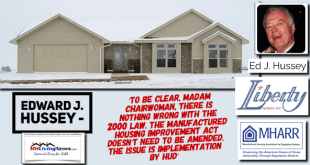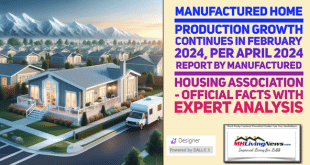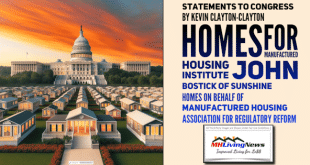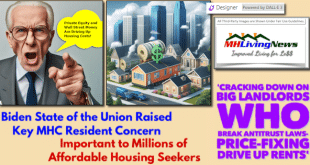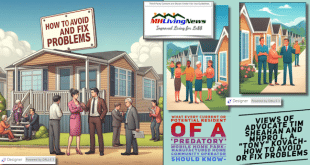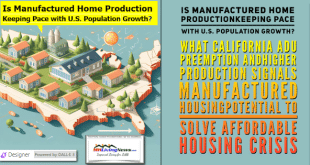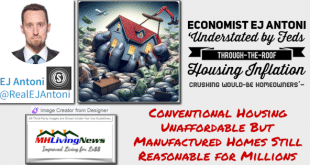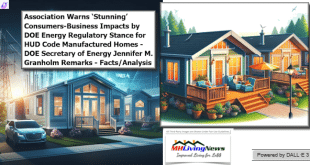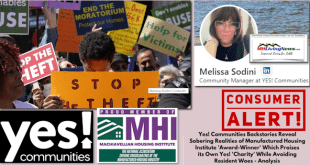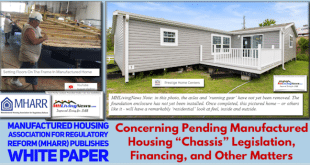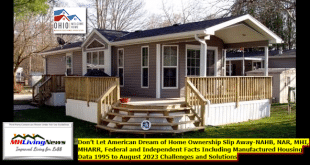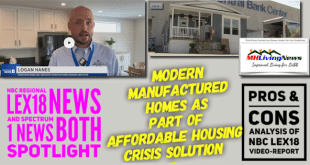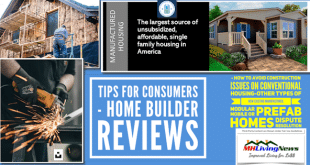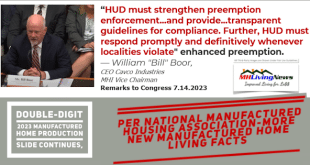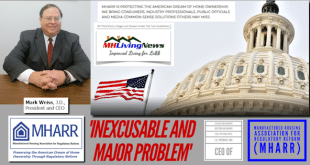The truth has been hiding in plain sight for years. But politics, the revolving door, and other factors have kept Americans – living in one of the wealthiest nation per capita on planet Earth – out of the top 40 countries in the world in terms of the percentage rate for personal home ownership.
How did that relatively low rate of U.S. home ownership come to be?
Let’s take the headline issues one step at a time, beginning with the following, to shed light on that question.
“Bacon’s Rebellion covers a wide range of public policy issues in Virginia with a special emphasis on the state budget, taxes, infrastructure, land use, transportation, energy, the environment and community health. Our mission is to provide Virginia citizens with the ideas and news they need to build more prosperous, livable and sustainable communities.” So says the Bacon’s Rebellion website on their about us page. Their home page’s subheading boldly proclaims, “Reinventing Virginia for the 21st Century.”
With that introduction, and given the LinkedIn profile found further below, ponder these excerpts from James A. ‘Jim’ Bacon, published on June 2, 2019:

“Contemporary American land use law embodies the bad idea that private land ought to be publicly planned. In practice, these plans routinely exclude
“Exclusion is widespread: most jurisdictions, through zoning ordinances, ban apartments and manufactured homes in all but a few locations. Single-family homes are usually allowed, but only in specified areas and often on lots larger than many buyers want. As a consequence, those states that give the most power to planners and the least authority to property owners have abysmal housing growth rates. When wages rise in those states, rents and home prices soar.”…”
Bacon’s LinkedIn profile is as follows.

Bacon fittingly cited testimony by Research Fellows Furth and Hamilton from the Mercatus Center at George Mason University to the House Financial Services Committee made on April 2, 2019, entitled “Expanding Housing Opportunity in an Environment of Exclusionary Regulation.” That testimony is linked here as a download.
Furth and Hamilton made this point: “Although restrictions on housing production do not originate with the federal government, federal policymakers ought to be concerned about them. For one thing, local restrictions have become a major macroeconomic concern. For another, federally supported housing has to abide by these rules as well. When land is artificially scarce, federally funded housing construction and rent support are more expensive and less effective.”
Without doing a specific fisking of their research, it is noteworthy that the two George Mason University research fellows specifically cited manufactured homes as an important option. Note that they said that land is “artificially scarce,” because there is plenty of properties in the U.S. that could be developed for more affordable housing.
That said, they make a case that “Contemporary American land use law embodies the bad idea that private land use ought to be publicly planned. In practice, these plans routinely exclude low-income families by indirect means, causing income-based segregation.”
MHLivingNews has long noted that affordable housing is ideally a nonpartisan or bipartisan issue. We’ve referred several times this year to research performed by Democratic and Republican lawmakers in Minnesota that specifically pointed to the many benefits of manufactured homes as compared to other forms of affordable housing. See their research linked below.
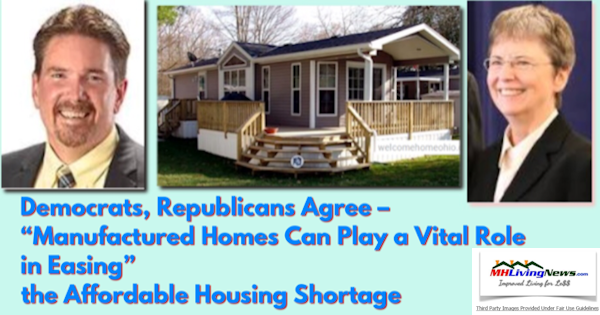
The comments by those lawmakers or the George Mason research fellows dovetails with even more detailed manufactured home specific research performed in 2018 by Scholastica ‘Gay’ Cororaton for a Realtor University publication. Cororaton is a Certified Business Economist (CBE), who was asked by the National Association Realtor’s Chief Economist Lawrence Yun, Ph.D., to study modern manufactured housing. Cororaton research, which cited in footnote #1 on page 48 our publisher L. A. ‘Tony’ Kovach for his contributions on the topic, is found in full as a download along with our analysis, which is linked below.

As useful as the insights noted above are, it must not be thought that only a handful of researchers have come to such positive conclusions about the need for modern manufactured homes as an important tool in the fight for affordable housing. Rather, there are decades of such reports. They include federal, nonprofits, and university level studies. Perhaps the largest such known collection online is linked below. It is worth mentioning that more several of those sources cited our publisher and/or Manufactured Home Living News by name. We’re widely regarded as experts in our specialized field.

That said, during the same timeframe that Bacon was making his case for a free market approach to land-use, and cited manufactured homes as an option, HUD Secretary Ben Carson was busy on the National Mall in Washington, D.C. during the first Innovative Housing Showcase. During the Carson initiative co-sponsored by HUD and the National Association of Homebuilders (NAHB) – which featured 3 HUD Code manufactured homes, among other prefabricated building methods – several video interviews occurred. Note that we’ve selected videos and sources that span the left-right divide.
During and since that display in Washington, Dr. Carson appeared on several network, business, and cable news shows, touting the value of manufactured housing. In the video below, “Housing and Urban Development [HUD] Secretary Ben Carson discusses how the government plans to address cost and resilience issues associated with housing,” said Fox Business’ YouTube page.
Carson was in a HUD Code manufactured home then on display at the National Mall during that interview, which is posted below.
Secretary Carson argued several times points similar to what Bacon and those George Mason University researchers did; that local zoning was a core problem.
So that no one presumes that only Secretary Carson has made positive statements about manufactured homes as HUD Secretary, a predecessor of his – former Secretary Julian Castro – said the following via video.
Thus it is worth noting that Secretary Carson had previously made similar arguments in Congressional testimony that MHLivingNews has reported, or in public speeches delivered, see one example linked here.
To be objective, the Manufactured Housing Institute (MHI) also produced videos of the National Mall event in Washington, one example is below.
Oddly, though, MHI has not made finding those videos on their own website easy. Why isn’t that video above on their website’s home page?
Perhaps difficulty in finding their videos are among the reasons why the total number of views on those MHI videos are relatively low? Hold that thought, as we will return to this later below.
Faith Based and Nonprofits
Opportunity Starts at Home supported research that cited affordable housing as one of the top concerns among a wide group of Americans.
“The vast majority of the public (85%) believes that ensuring everyone has a safe, decent, affordable place to live should be a “top national priority”…” said research by Opportunity Starts at Home. “That view is strong across the political spectrum – from 95% of Democrats agreeing it should be a top national priority to 87% of independents to 73% of Republicans.”
The group includes a coalition of nonprofits and faith-based organizations that penned an open letter to 2020 presidential candidates that began with this paragraph.
“Dear 2020 Presidential Hopefuls:
For too long, the critical importance of safe, decent, affordable housing has been overlooked in presidential campaigns. Rental housing affordability has worsened dramatically over the past 15 years, and more households than ever are struggling to pay the rent and make ends meet. For those at the bottom of the income scale, the problem is most acute: more than 10 million households with extremely low incomes are either homeless or pay unaffordable rental costs that force them to make impossible choices between paying the rent and paying for heat, food, medications, transportation, and other necessities. Research demonstrates that when people have stable affordable homes, lives dramatically improve. We are healthier. Our children do better in school. Our families are less hungry. We can more readily escape poverty and climb the income ladder. Economic productivity is stronger. And our nation is more just and equitable.”
See their entire letter, and the organizations that signed onto it at the download linked here. The point? Affordable housing is becoming an ever-more pressing topic. It should be expected that politicians on both sides of the major party aisle, as well as the Trump Administration, will be raising the issue. But more than raising it, shouldn’t solutions to the problem be the goal?
So, that point and query also begs the next question. When a prime solution to the affordable housing crisis has been known for decades, beyond zoning and placement issues – which are serious – what else might explain why so few manufactured homes are actually being sold? Keep that question in mind as you proceed…
What’s Missing?
There is much good to be said about each of these efforts, but objectively speaking, there seems to be a common miss.
Before turning to that missed item, let’s first note that editorially we concur with those that are making the point that the Affirmatively Furthering Fair Housing (AFFH) principle could be a useful legal method to prod local jurisdictions to offer more affordable housing. MHLivingNews made that case previously in an article that included an in-depth video interview with a factory-built housing homeowner, Rev. Donald Tye, Jr., who is a proponent of manufactured homes. See that linked below.

That said, what is routinely missing from such discussions is this critical point. HUD already has, per several sources, the legal authority to over-ride local zoning when it comes to federally-regulated and inherently affordable HUD Code manufactured homes. Where does that federal power come from?
The Manufactured Housing Improvement Act (MHIA) of 2000 made “enhanced preemption” over local zoning a centerpiece of the Congressional legislation, which also provided additional consumer safeguards that are generally not found in more expensive forms of construction.
Hearings held by Congress in 2012 on the implementation of the MHIA included several mentions of HUD’s authority to preempt local zoning. See that Congressional testimony, which included an attorney from HUD, at this link here. One point is that this isn’t a secret that has suddenly appeared from nowhere. Full implementation of the MHIA and its enhanced preemption provision has been a bone of contention for years, as that federal testimony highlights.
Let’s briefly segue to note that those updated safeguards and federal standards set forth in the MHIA seem to be working in terms of consumer satisfaction, as data-driven research cited below reflects.

But that noted, what is missing is that too few seem to be aware of the “enhanced preemption” clause found in the MHIA. For example, those George Mason researchers noted above make no mention of the topic, per the Google search done below.
Nor have we found evidence that HUD Secretary Carson has spoken publicly about “enhanced preemption” that mainstream media has reported. Is it possible that he doesn’t know?
Let’s look.
Washington, D.C. sources at and/or those with ties to HUD have told MHLivingNews in July 2019 that they don’t think Dr. Carson has been briefed on the topic. In fairness to Carson, someone can’t speak or act on something that they don’t know about. It should also be noted that it is logically possible that he has more recently been briefed. But if so, there are no known public clues that suggest that Secretary Carson has been informed.
So, if in fact Dr. Carson has been largely kept ‘in the dark’ about enhanced preemption, that begs several troubling questions.
- Among them, why haven’t officials working in the Office of Manufactured Housing Programs (OMHP) advised him about it?
- Or why hasn’t Brian Montgomery made it an issue?
Our sources tell MHLivingNews that Brian Darrell Montgomery, the current Assistant Secretary of Housing and Urban Development for Housing, who is also the commissioner of the Federal Housing Administration (FHA), is informed on the topic of the MHIA and enhanced preemption. If so, given Secretary Carson’s apparent desire to promote manufactured homes as part of a broad ‘prescription’ for a healthier America, then why hasn’t Montgomery or other informed officials at HUD told Dr. Carson about enhanced preemption? Or why have no public comments been made by Ast. Secretary Montgomery to mainstream news media about this important topic?
Let’s leave those questions hanging for now, noting that the Manufactured Housing Association for Regulatory Reform (MHARR) has been pushing this topic quite publicly for years. See an example from earlier this year, linked below.
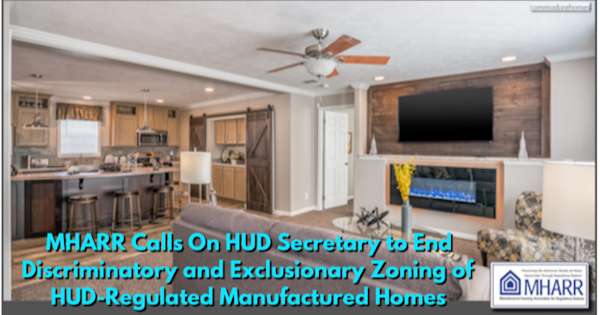
There are over a dozen examples of articles by MHARR on their relatively new website that mention enhanced preemption found, as is documented in the screen capture below.

By contrast, on this date, there is no result whatsoever on the Manufactured Housing Institute (MHI) website for the search terms “enhanced preemption.” Yet, they claim to represent all segments, production and post-production, of federally regulated manufactured housing. Why that stark difference? Who benefits, and who are harmed, by that failure to robustly promote this key legal principle?
Why hasn’t MHI used those two magic words with mainstream media? Other research makes it clear that they know, beyond the Congressional testimony previously cited. But for whatever reasons, MHI have not made this an issue that that is highly visible or known to the general public. MHI has media resources, including at least one full-time public relations professional. If they seriously want this to be a priority, as they have recently asserted, where is the public evidence for that, please?

Why would MHI miss promoting one of their best possible arguments for a broader use of manufactured homes, that could easily be accomplished by pointing to existing federal law?
Stating the obvious, by asking HUD to fully enforce that aspect of the MHIA federal law, many of the zoning problems that Bacon, Furth, Hamilton and others have raised time and again could vanish like the vapor of ground fog in a Florida morning after sunrise.
On this site and our MHProNews sister site, we’ve pounded away via reports at MHI for failure to promote the solution that enhanced preemption offers. Unlike several other proposed affordable housing solutions that are often costly and/or require legislation, enhanced preemption is consistent with the free market. The cost to taxpayers could be limited primarily to the cost of law enforcement. That’s a cost that is already planned for, as HUD has staff attorneys.
By simple enforcement of existing laws, private enterprise could solve much of the affordable housing crisis. Building millions of affordable homes would create hundreds of thousands of more jobs that have better pay. And as NAR’s Yun, or Secretary Carson, and others cited have observed, it is only by bringing more new housing online can soaring rents and steadily escalating housing costs keeping millions out of home ownership be mitigated.
Rephrased, more supply is the solution to high demand. There are few things that can be scaled as rapidly as factory-based home building. That solution is already proven, as an infographic further below demonstrates.
MHARR has argued that zoning impacts manufactured home communities and those living in them too. In doing so, they also noted MHI’s apparent failure to properly address the issue. It should be noted that MHARR’s focus as an association is on production related issue, and zoning is a post-production topic. But after years of MHI’s purported failure to act, MHARR felt that they had to step into specific post-production issues.

Appreciation, Housing Values, and Manufactured Homes
NAR’s research cited above, the Federal Housing Finance Agency (FHFA) in 2018, and others have documented that manufactured homes can and do appreciate in value. While there are examples when that doesn’t occur, the same is true for conventional housing too. Cororaton told MHLivingNews last year that the same factors that impact conventional housing for the rise or fall of property values likewise impact manufactured homes.
That’s important to note for this next reason. NIMBY – Not in My Back Yard. People often act based upon perceived self-interest. When existing home owners realize that they can benefit from more private sector built affordable housing, opposition to manufactured homes would dwindle. That was also part of the theory that Secretary Carson was operating under in promoting manufactured homes at the Innovative Housing Showcase in June 2019.
For those who believe that enforcing the law on enhanced preemption – which would allow for more manufactured homes – might harm conventional housing values, there are several research reports that demonstrate differently.
- See HUD commissioned university level research linked here.
While Trulia didn’t mention manufactured homes specifically, they similarly found that affordable housing doesn’t harm resale values or appreciation in their 2018 research.
22 Million, Plus 111 Million Reasons
There are some 22 million Americans that live in pre-HUD Code mobile homes, or post HUD Code manufactured homes. That makes manufactured homes the most proven form of affordable housing in modern American history.
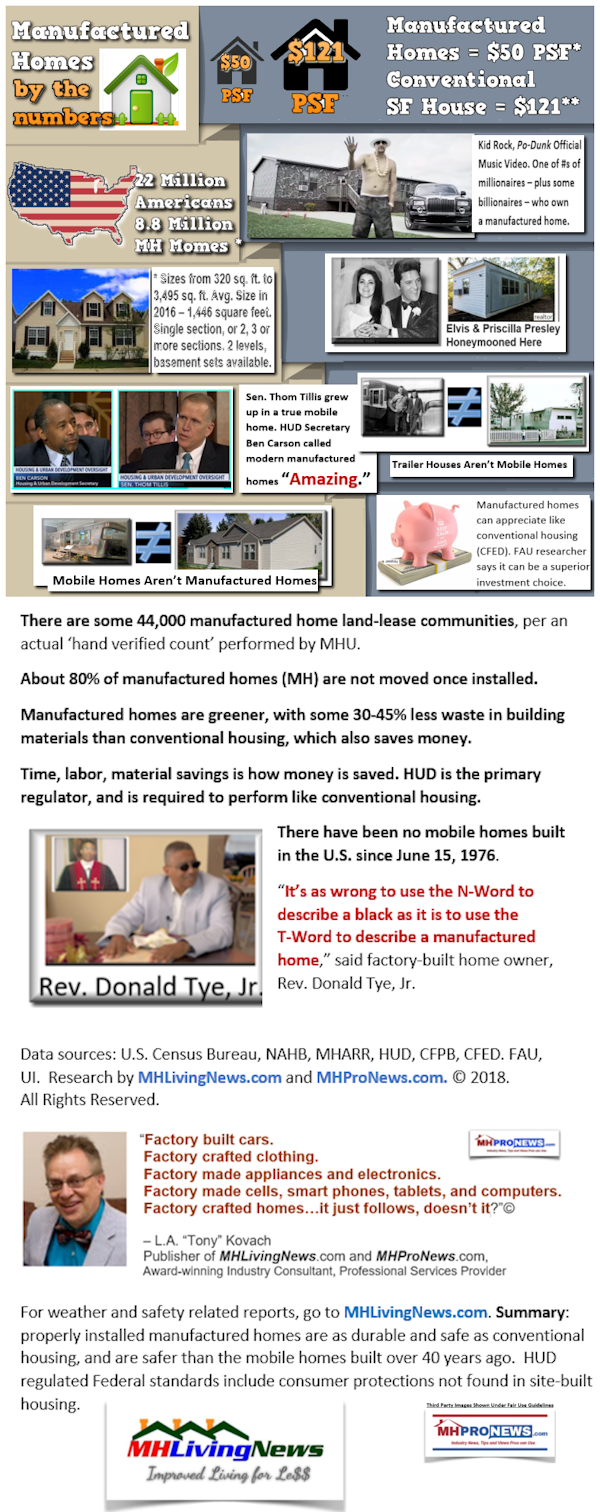
There are some 111 million Americans who rent per Apartment List. The vast majority of those renters want to own, per research. One example is the NAR which said on Feb 2, 2018 that “an overwhelming majority [of renters] said they do want to own a home in the future and believe homeownership is part of their American Dream.” A survey of such polling typically suggests that some 80 percent of renters would rather own. The reason that most don’t own is because they don’t think that they can afford to own.
But research by the GAO and more recently by NAR’s Scholastica Cororaton that was previously cited indicates that manufactured home living is less costly than renting.

Rephrased, if more people understood the value of modern manufactured homes, then potentially millions more could own rather than rent. That means that millions of renters could be building equity instead of piling up rent receipts.
A survey of third-party research by small business expert Tom Egelhoff and Tony Kovach published in 2018 on Value Penguin and republished below with illustrations not found in the original reflect that point. Having affordable housing closer to where it is needed would create an estimated $2 trillion dollars in increased economic activity in the U.S., per experts in that cited in the linked report. Those trillions per year in increased economic activity, plus less money spent for housing by millions, in turn could fuel still more domestic spending and further economic growth. The percentage of those living in homes they own would rise. It may be among the biggest ‘no brainer’ economic growth programs available, because the cost to taxpayers could be limited to primarily enforcement of existing federal laws.

Rephrased, most Americans would benefit from that economic growth, not just renters and manufactured homeowners.
Then why isn’t it being done? The report below explores that topic, citing facts not yet published by mainstream media.
To grasp that report above more fully, the following should be scrutinized. The report below sheds light on possible reasons why MHI isn’t doing their job properly, as several industry sources say.
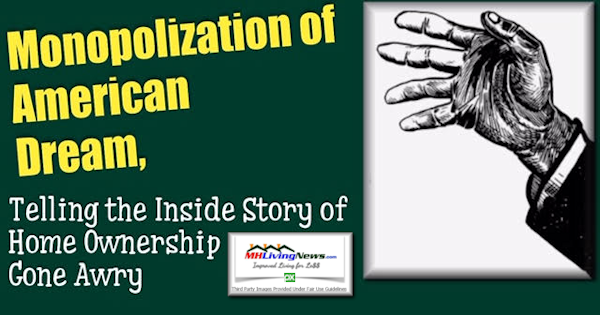
The articles above and below point to evidence of purported problems that suggest violations of antitrust laws and other federal laws have occurred in order to monopolize manufactured housing.

To sum up the 3 links above, because of enhance preemption and other clauses in federal law that already exist, manufactured housing is potentially very valuable. That makes it a target for the uber-rich to dominate, monopolize, and profit from. It is an issue that has been and is being explored by federal authorities. The video that follows touches on yet other federal investigations underway, as reported by Berkshire Hathaway owned Clayton Homes hometown news station.
Senator Elizabeth Warren (MA-D), and other 2020 contenders have been exploring some of the purportedly corrupt business practices in manufactured housing.

Former HUD Secretary Castro is also among those raising concerns. Those concerns might be summed up like this; while there are thousands of ‘white hat’ firms in manufactured housing, there are apparent examples of industry corruption by purported black hat companies that have ‘rigged the system’ to favor a few.
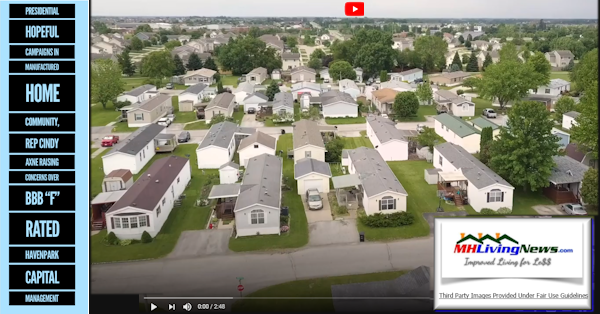
Attention to such problems can be good. But why aren’t some of these high-profile public figures pointing more specifically to the MHIA and enhanced preemption? Why are some promoting costly ‘fixes’ to the affordable housing crisis that may never make it into law? Affordable housing is a pressing issue now, as those cited earlier reflects. So, which is more important – scoring political points, or solving a problem using existing law that could benefit millions? Dr. Carson has said several times that renter households have an average net worth of some $5,000, while families and individuals that are home owners typically have an average net worth of some $200,000.
Put differently, income inequality could be reduced naturally by encouraging more home ownership through the use of existing federal laws.
MHI on Enhanced Preemption?
While it is arguably a good thing that so many are making affordable housing – and manufactured homes role in that arena – an issue, what one might hope for is that this should not become a mere political football for 2020 candidates.
Several of these candidates are already lawmakers. They can use their platforms, media contacts – or Congressional hearings – to publicly spotlight facts like those outlined herein.
To be fair and balanced, when asked by MHLivingNews during a conference call, a White House official said that the Trump Administration is looking at enhanced preemption. Again, in fairness, perhaps that official understood or misunderstood the question and point. But if that White House staffer grasped the problem, and said they are ‘looking into it’ – when will that go beyond looking into acting to enforce the law?
Under sustained pressure, MHI pivoted last July and issued a letter to HUD Secretary Carson, linked here.
That letter said that enforcing federal law on enhanced preemption – among other aspects of the MHIA – should be a priority. That’s a useful letter.
But that fails to address a question our sister site MHProNews has raised with respect to MHI with increased emphasis in 2019, and for years before. It is this. Why didn’t MHI bring the enhanced preemption matter up with Dr. Carson during one of several face-to-face meetings in recent years?
Are we to believe that MHI – which makes it difficult if not impossible to find the words “enhanced preemption” on their own website – has made it clear to Dr. Carson several times already? If so, then that would logically imply that Carson is posturing for those video cameras.
There are logically two prime options. Either Dr. Carson is failing at his claimed role, or MHI is. Which are we to believe?
That said, there are those voices in manufactured housing who believe that it is MHI that is posturing. That isn’t just MHARR, MHLivingNews, or MHProNews. A new national association for community owners formed, breaking away from MHI, specifically stating claimed failure by MHI to address key issues for years on end.
Not so far removed from that is a former MHI president, who in his exit letter politely ripped the trade group he worked for, see that linked here.
With respect to the Arlington, VA based trade group and related – MHI award winner Marty Lavin said the following to MHProNews recently.
As to that letter from MHI to Dr. Carson, is there any proof that the HUD Secretary even saw that letter?
Again, as a reminder to emphasize the point, MHI could have politely raised the topic several times with Secretary Carson in person during the past 2 years. Why was that letter needed, given Carson’s apparent enthusiasm for promoting more manufactured housing?
MHI does have fig leaves that they can point to on this preemption issue. But what they don’t have is a strong case that can debatably stand up to close scrutiny that would back a claim that they have pressed this issue. Perhaps that is why in the past 2 years MHI won’t take questions from MHLivingNews or our sister site on such topics? It is arguably easier to believe that Secretary Carson has been kept in the dark than it is to believe that MHI has properly done their job.

The linked reports from this article will make that claim abundantly apparent.
More Scandals? Next Steps?
In drawing this analysis to a conclusion, one key point is this. The MHIA law and enhanced preemption already exist. Along with other good federal laws with respect to financing, manufactured homes could rapidly be built and permanently installed on existing infill sites or in entirely new developments and communities.
Rephrased, there is no need for years of delays and hoping to pass new laws. Enforcing existing laws – sooner than later – is the proven answer. That enhanced preemption argument has been used successfully in a few cases is demonstrated by this link here. What is missing is a consistent effort by HUD to enforce federal law.
That noted, there is evidence that there is collusion between officials at HUD and certain players associated with what we’ve dubbed the Omaha-Knoxville-Arlington corporate-nonprofit axis that dominates much of manufactured housing. Per our sources, at least some of those concerns are being investigated by federal officials.
Weaponizing Information and Nonprofits?
For example. It is vexing to realize that uber-billionaire Warren Buffett, per third-party reports, funded an activist group that in turn created negative impressions about manufactured home living. While the satirical video report by John Oliver linked here produced is largely accurate, what it failed to mention is that it is MHI member firms that are routinely the ones behind the purported bad behavior.
Why would Buffett fund activity that arguably works against the interests of Berkshire Hathaway owned brands?
Because it is easier for big businesses to ride out bad news than small business. Rephrased, one can make the case that just has heavy regulations are harder on small businesses, so too bad media is harder on independents than larger firms.
Furthermore, Buffett led Berkshire Hathaway has dozens of newspapers that it owns. If they wanted to get the truth out about modern manufactured homes, or the topic of enhanced preemption, they could easily do so. Buffett and Berkshire have billions in the bank, a tiny fraction of which could be deployed to educate the public about manufactured homes or legal issues like the failure by HUD to routinely enforce enhanced preemption.
Why have they not done so? Could it be because reducing manufactured home production and sales allows Berkshire to slowly consolidate the manufactured home industry at a discounted rate, while escaping much of the normal concerns that the Federal Trade Commission (FTC) or the Antitrust division of the Department of Justice (DOJ) might have?
There is evidence to suggest that is so. Note that failure to build new communities at a clip similar to what is seen in the multifamily housing sector arguably harms the interest of residents of those in a land-lease.

Perhaps for reasons like that, a community leader has stepped forward to ask lawmakers to investigate such concerns.

The steady monopolization of America, cited above, is perhaps near the heart of these threads.
Monopolization of American Dream, Telling the Inside Story of Home Ownership Gone Awry
The bottom line is this. There are already good laws on the books with respect to inherently affordable manufactured homes. By merely deploying those laws on a consistent basis, that could rapidly begin to solve the affordable housing crisis. These federal laws have been used before, as was noted above, but only sparingly.
That said, there is nothing to keep private businesses or nonprofit groups from making these legal arguments too. Indeed, simply making an effective argument, our publisher Tony Kovach was successful in recent test cases with local jurisdictions to get them to reverse course with respect to allowing more HUD Code manufactured home placements.
Beyond making the argument locally without active federal support, there should be pressure brought to bear by Congressional hearings, investigations, and on HUD to enforce good existing federal laws.
Finally, and by no means, least.
- Those Omaha-Knoxville-Arlington axis allied brands should be carefully examined in the light of antitrust, deceptive trade practices, RICO, and other federal laws.
- State attorney generals also have, per Washington, D.C. sources to MHLivingNews, the power to do such probes and suits.
- Private attorneys could act too, perhaps as a class action contingency litigation aimed at key members of the ‘axis.’ Legal sources have told MHProNews that triple damages could flow from such suits.
That’s a lot to digest. There is more that is linked. It may seem at first blush to some that it is too outrageous to believe. But industry insiders have and continue to press these points, not just the parent company of this trade publisher, as has been noted herein. Perhaps a closing note should include a bit of history.
Bernie Madoff. Jeffrey Epstein. Rod Blagojevich. The 2008 housing/mortgage crisis. Roger Ailes. Matt Lauer. Harvey Weinstein. Bill Cosby. These are just a few examples of famous people and serious issues that were widely discussed for years before they finally reached a tipping point. What was once doubted or scoffed at was later revealed to be true or quite plausible. We editorially believe that such is the case with corrupt practices that have impacted manufactured housing in a fashion that weaponized nonprofits, and neutralized the routine use of good federal laws.
The truth can be stranger than fiction.
To our eyes, this seems to fit the definition of a coverup that is benefiting a few to the detriment of the many. The links, money trail, evidence, and arguments are laid out above for others to follow. It has been said that sunlight is the best disinfectant. More attention by others is needed. Congressional hearings using subpoena powers could help. But the laws already exist. It is now a case of learning to use existing laws for the benefit of millions who want their part of the American Dream.

See the related reports for more. “We Provide, You Decide.” © ## (Lifestyle news, public policy, analysis, and commentary.)

Soheyla is a managing member and cofounder of LifeStyle Factory Homes, LLC, the parent company to MHProNews, and MHLivingNews.com. Connect with us on LinkedIn here and here.
Related Reports:
Click the image/text box below to access relevant, related information.
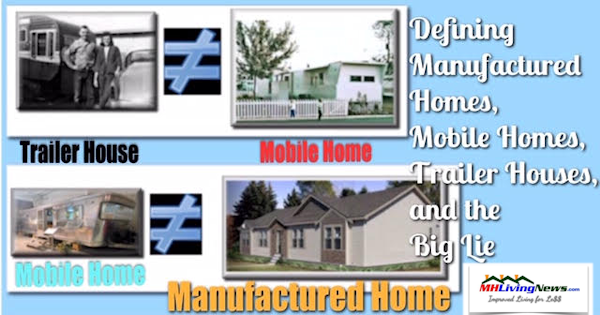


 manufacturedhomelivingnews.com Manufactured Home Living News
manufacturedhomelivingnews.com Manufactured Home Living News










